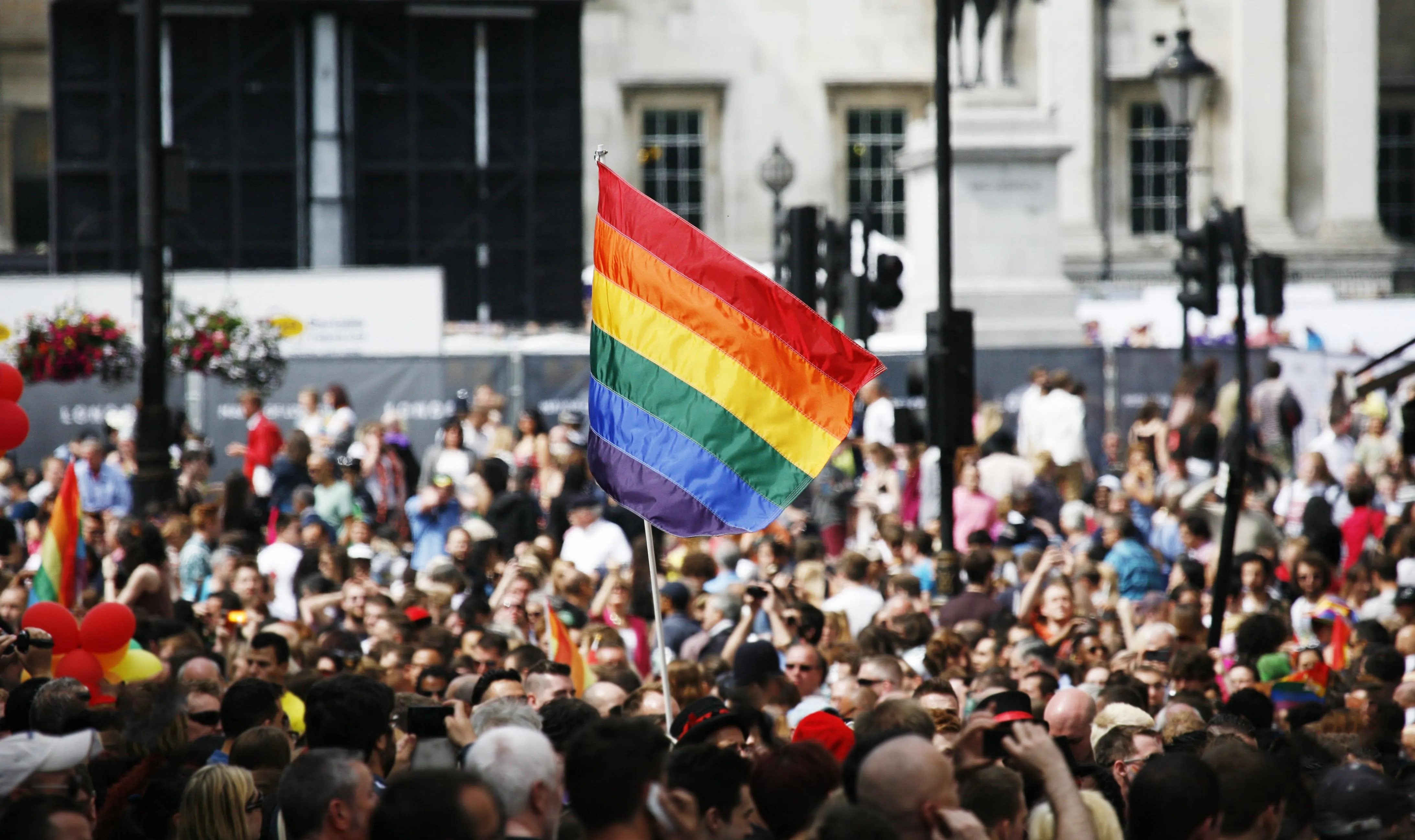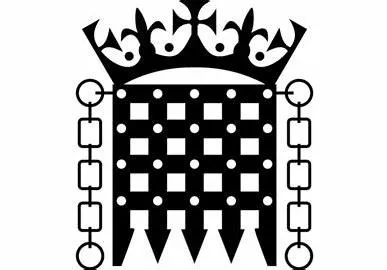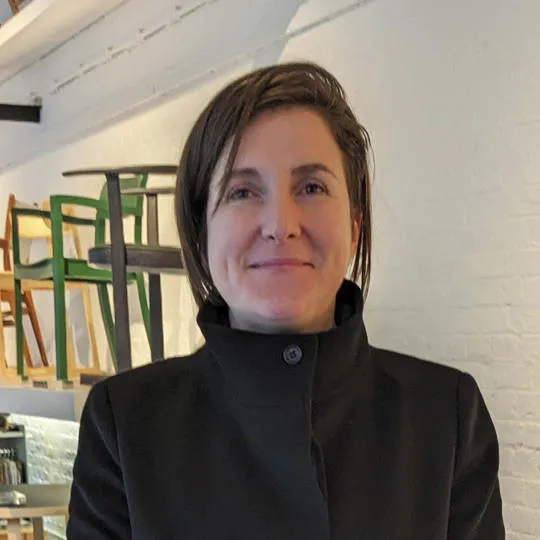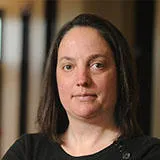LGBTQ+ policymaking in the UK

From research to implementation
This project seeks to establish an interdisciplinary network of academic, policymaking, and civil society stakeholders to address the policy needs of the UK’s LGBTQ+ population. This initiative will function as a research-to-policy advisory group, in close collaboration with Baroness Ruth Hunt. Parliament currently lacks any advisory mechanism focused on the policy needs of UK LGBTQ+ communities. This project seeks to fill that gap whilst leveraging KCL’s considerable LGBTQ+ research expertise across its Schools and Faculties.
The project will bring together Parliamentarians, their advisors, civil society organisations, and academics working across health inequalities, health and social care, law, digital inclusion, media, policy, education, and sociology for three workshops. Deploying the 'Policy Lab' methodology developed by KCL's Policy Institute, these workshops will identify existing peer-reviewed research and UK regulations (and corresponding gaps) relevant to LGBTQ+ life outcomes. They will also map UK civil society institutions and interventions addressing LGBTQ+ communities’ needs.
These workshops aim to strengthen researchers’ understanding of Government stakeholders’ needs and challenges, and thereby enable academic experts to more effectively contribute to evidence-based policymaking. The project also seeks to foster long-term collaboration between academics and policymakers concerned with LGBTQ+ inequalities.
The KCL team will consolidate the workshop findings into a report and set of digital factsheets to be used as policy briefs to advise on LGBTQ+ issues in upcoming debates and emerging legislation in Parliament. The project will then work with parliamentary partners and King’s Digital Lab to scope the development of a public-facing digital platform that will provide Parliamentarians with ready access to headline findings from peer-reviewed LGBTQ+ research, enabling policymakers to assess, respond to, and formulate proposals in view of existing evidence. The project’s first stage will run January to September 2024. We will seek external funding for stage 2 to complete the digital platform and ensure its longer-term sustainability; produce a ‘best practices’ pamphlet; and draft 2 peer-reviewed journal articles.
This initiative is intrinsically and robustly interdisciplinary, in support of the intersectional inequalities the project seeks to address. This interdisciplinarity is reflected in the project’s collaborative approach to knowledge production, which brings together research from the social sciences, arts and humanities, and health and life sciences. Crucially, we also aim to facilitate dialogue between research and the diverse non-academic institutions and knowledges that impact LGBTQ+ life outcomes. Driving collaboration between academia, civil society, and government stakeholders is therefore at the heart of how this project puts interdisciplinarity into practice. On the operations front, the project is led by Queer@King's – an interdisciplinary research centre that works across KCL’s silos to consolidate the University’s considerable expertise in LGBTQ+ research.
Our Partners
Principal Investigator
Investigators
Affiliations
- Queer@King's
- Global Cultures Institute
- Centre for Public Policy Research
- Cicely Saunders Institute of Palliative Care, Policy & Rehabilitation
- Faculty of Arts & Humanities
- Faculty of Social Science & Public Policy
- The Dickson Poon School of Law
- Florence Nightingale Faculty of Nursing, Midwifery & Palliative Care
- Institute of Psychiatry, Psychology & Neuroscience
- School of Education, Communication & Society
- Department of Digital Humanities
- Department of Global Health & Social Medicine
- Department of Geography
- Department of Interdisciplinary Humanities
- Department of Culture, Media & Creative Industries
- Department of Languages, Literatures and Cultures
- Department of Classics
- Department of Psychology
- Department of English
Funding
Funding Body: UKRI ESRC
Amount: £14,881.42
Period: January 2024 - January 2025








